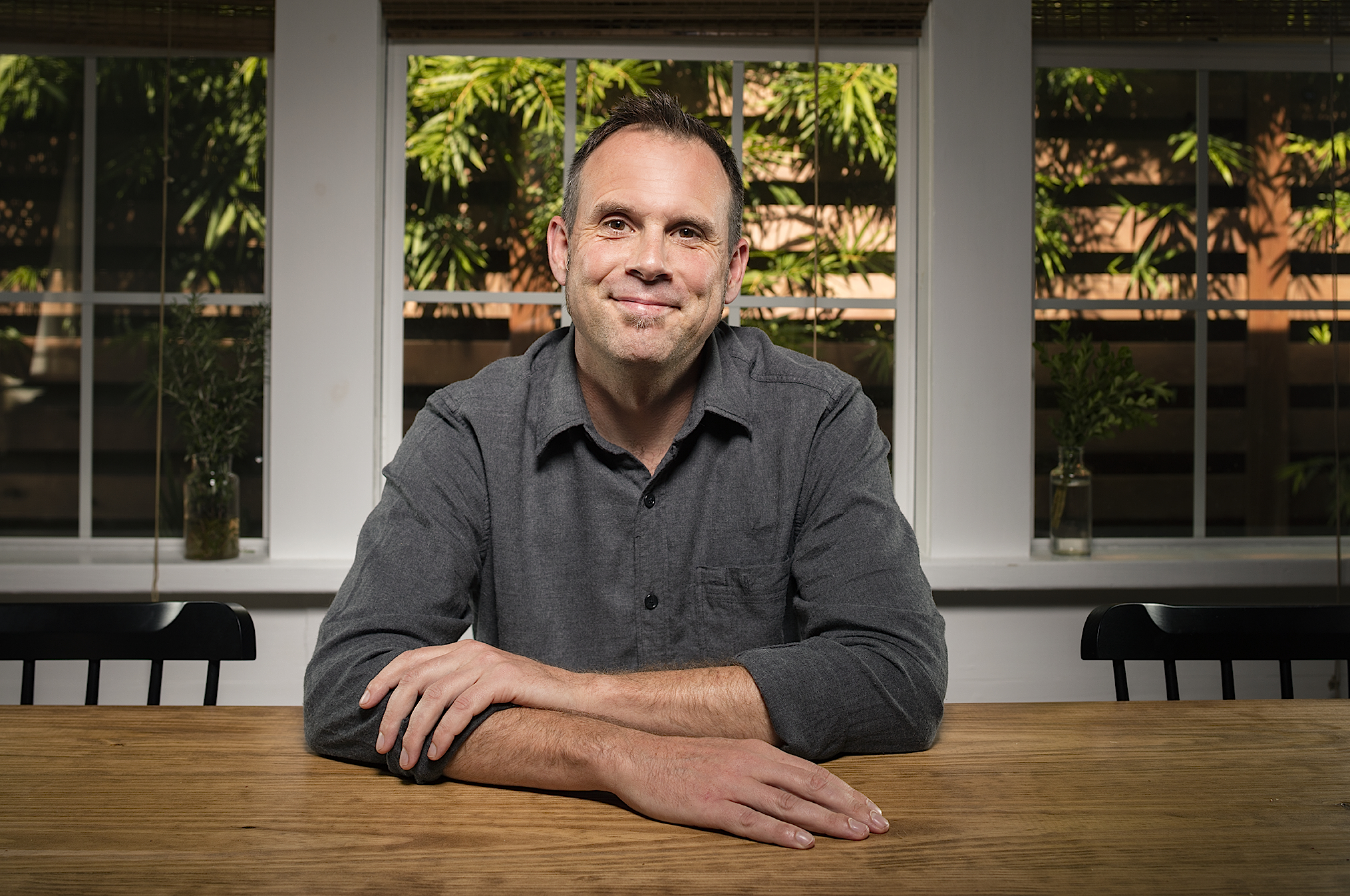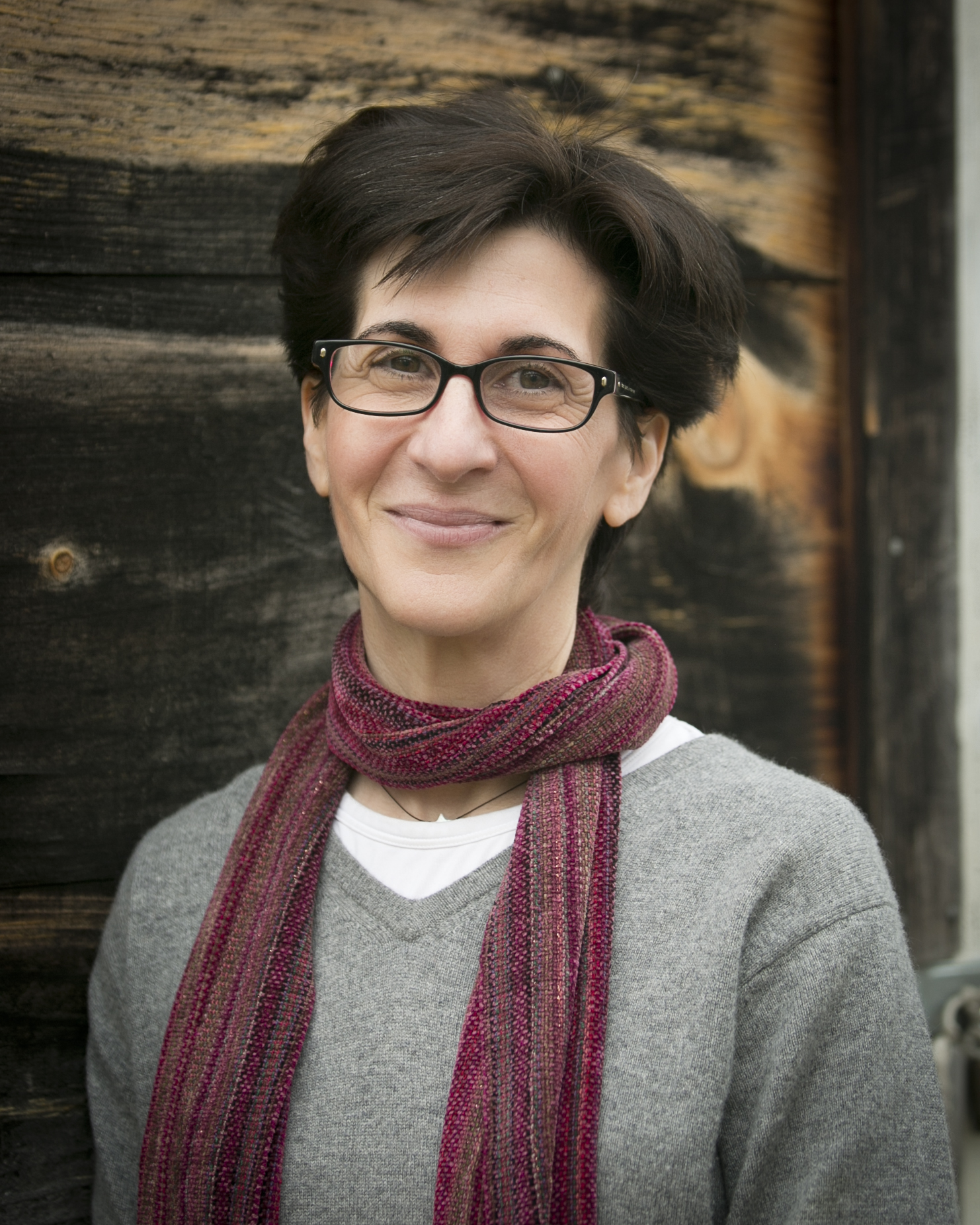FIFTY Study Page- North Carolina: “You Are Not Your Father”
When Levi Boyd learns who his father is, he is flooded with many emotions. He is shocked because he is learning this from his friends rather than his mother. He is angry because his mother never told him the whole truth. And he is ashamed because it turns out that his father — a man he never met — was the notorious pirate Blackbeard.
Note: Though this is historical fiction and the characters have been developed to accommodate a story, their attributes and development may be useful as reference points and inspirations.
Topics for Investigation
North Carolina History
- History of Piracy in the Caribbean and American Colonies
- Biography of Edward Teach (Blackbeard)
- History of Colonial trade
North Carolina Geography
- Trade routes of American Colonies to England and the West Indies
- Map of the barrier islands of North and South Carolina
Study Topics for “You Are Not Your Father”
- The complicated ethics of piracy during this time in history
- How trade worked with Europe and the islands of the Caribbean
Topics for Reflection
From a Child Development Perspective:
In this story, your child might learn that:
It can be very difficult when people don’t see us for who we are, but rather through the judgments they make about us. Levi was upset because his friends rejected him and the dock boys suddenly wanted his company all because of something over which he had no control — that the notorious pirate Blackbeard was his father.
It can be very helpful to have a peaceful spot to go to when we feel sad, scared, or angry. When Levi was overwhelmed by the confusion and upset of learning who his father was, he ran to his small rocky nook — a place that was all his own.
We may have a lot in common with our parents, but we are also our own people. Each one of us has parents, and while we may have inherited certain traits or learned certain lessons from them, each one of us is unique for who we are. As Levi’s mother told him, he was not his father —he was his own person!
Everybody has a story that is private and personal, and that story can be very different from the public one. Levi learned so many things about Blackbeard, things that the legends never told — about his kind heart and his forgiving nature. And in this tale, Blackbeard never knew about Levi. And maybe if he had, he would’ve made a different choice than to have returned to piracy. We don’t really know a person until we sit with them and try to understand them.
To love someone unconditionally is to see the person for who he is and to accept him even if he is not the person we want him to be. Levi’s mother told him that she would love him no matter what, even if she didn’t always like his actions. This is really true love.
We make choices in life, and it’s important that we make choices that lead us to having self-respect. Levi could have chosen to be more like his father, but rather he became much more like his other parent — “like his hard-working, smart strong and loyal mother.”
About the authors
-

David Sewell McCann
Story SpinnerDavid Sewell McCann fell in love with spinning stories in first grade – the day a storyteller came to his class and captured his mind and imagination. He has been engaged in storytelling all of his adult life through painting, film-making, teaching and performing. Out of his experience as a Waldorf elementary class teacher and parent, he has developed a four step method of intuitive storytelling, which he now shares through workshops and through this website.
-

Meredith Markow
Sparkle Schoolhouse Head of SchoolMeredith has been working with adults and children of all ages for the past 25 years as a Waldorf Teacher and Educational Consultant. She received a B.A. with a focus on child development and child psychology from the University of Michigan, in 1984, an M.A. Ed from Washington University in 1987, and her Waldorf Teaching Certificate from the Lehrerausbildung (Teacher Training) in Nurnberg, Germany in 1989. She was certified as a Living Inquiries Facilitator in 2014, and she completed her formal teaching certification with The Enneagram Institute in 2014. Her work in the classroom and with individuals and groups is designed to help people of all ages to drop self-limiting beliefs to live a more joyful and compassionate life.




